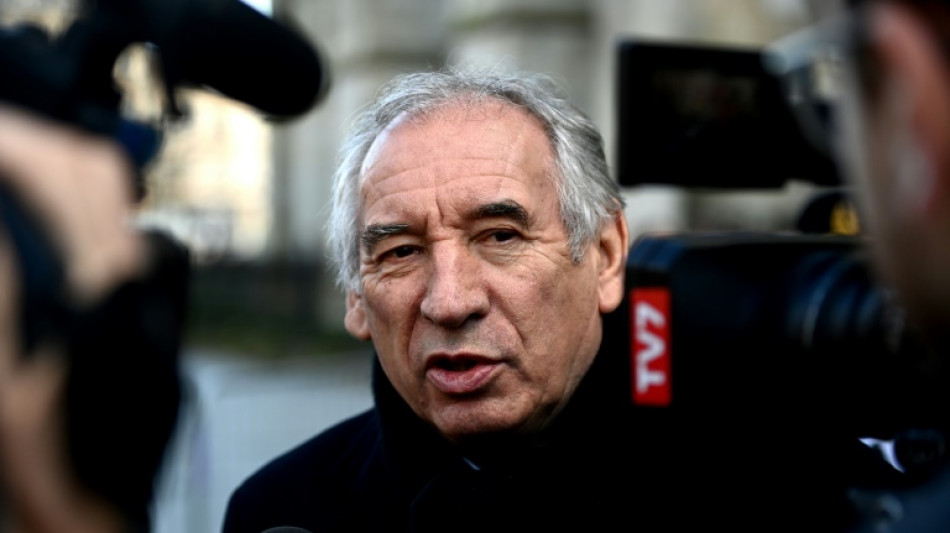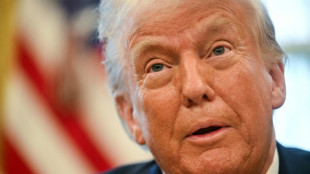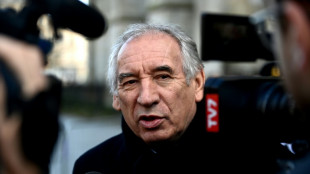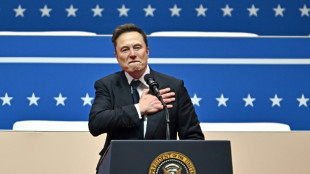

French PM moves to force budget through divided parliament
Prime Minister Francois Bayrou on Monday moved to force through France's budget without a vote, a step that immediately prompted a no-confidence motion from the left in the bitterly divided parliament.
Bayrou, a veteran centrist named by President Emmanuel Macron in December to end months of political crisis following last summer's inconclusive legislative elections, is nowhere near having a parliamentary majority.
But any no-confidence motion has little chance of passing after the Socialist Party decided against backing it, giving the prime minister a much-needed boost.
Bayrou rammed through the budget legislation on Monday using article 49.3 of the constitution, which allows the government to pass laws without a vote.
He resorted to the tactic twice, to force through the budget as well as the social security budget, and may need it again later this week.
"No country can live without a budget," Bayrou told the National Assembly lower house.
"We have spared no effort to break this deadlock", he added, thanking his ministers.
The use of article 49.3, while convenient for a minority government, means the opposition has the right to put forward a no-confidence motion to bring the prime minister and his government down.
In December, the far-right National Rally (RN) party teamed up with a left-wing bloc to topple the government of Bayrou's predecessor Michel Barnier.
The hard-left France Unbowed (LFI) swiftly called for a vote towards toppling his government.
Bayrou promised the budget would bring the country's deficit down, after repeated warnings from the European Commission that it was running too high.
But Eric Coquerel, the far-left head of the National Assembly's finance committee, described the draft budget as "worse than Michel Barnier's".
The key question now is whether the far right will back the motion.
The RN has said it would make its position clear at the beginning of the week.
The no-confidence vote is expected to take place on Wednesday.
- Immigration flashpoint -
New legislative elections cannot take place until at least one year after the previous polls, so the toppling of Bayrou's government would place Macron under intense pressure and plunge France into uncharted political waters.
Bayrou is Macron's sixth prime minister since taking office in 2017. The president has faced calls to step down but has repeatedly insisted he will serve out his term in full.
The prime minister managed to convince the Socialists not to back a no-confidence motion against him earlier this year in a major victory that heralded the end of the New Popular Front (NFP), a broad left-wing alliance that had endured since the election campaign.
The Socialists broke off talks with Bayrou's administration last week after he referred to migrants "flooding" France, borrowing from terminology previously used by the far right.
In a symbolic move, the party leadership decided Monday to table a separate no-confidence motion after Bayrou's "flooding" comments, according to party sources.
The move is not expected to be supported by the far right or centre right and therefore will not topple Bayrou's government, party sources said.
The LFI's firebrand leader Jean-Luc Melenchon insisted on Monday that the NFP bloc was not dead.
"The NFP is reduced by one party," he wrote on his blog.
"We will have to see who remains there and how to operate."
sl-are-sjw-as/ah/jxb
韓-L.Hán--THT-士蔑報




